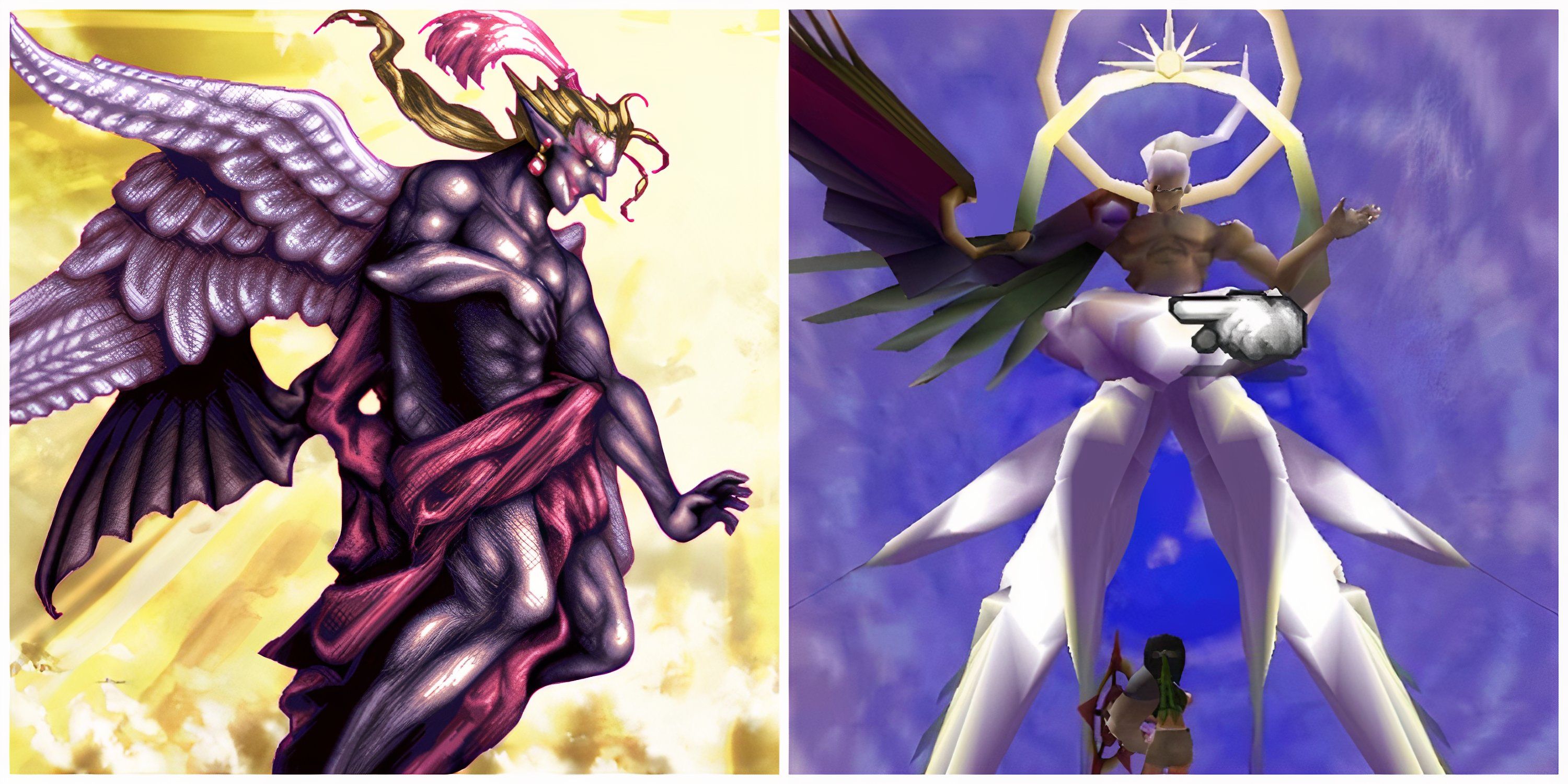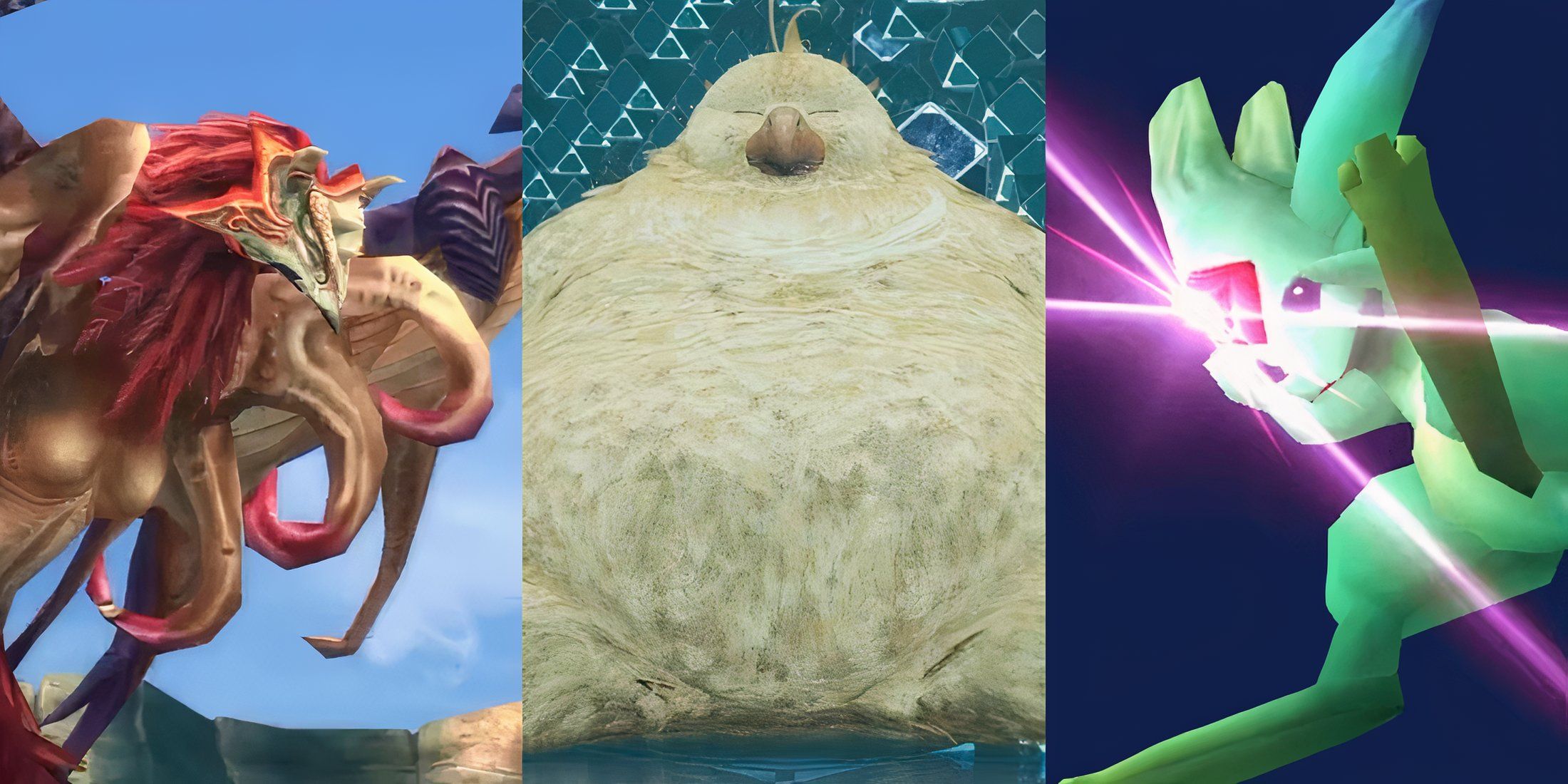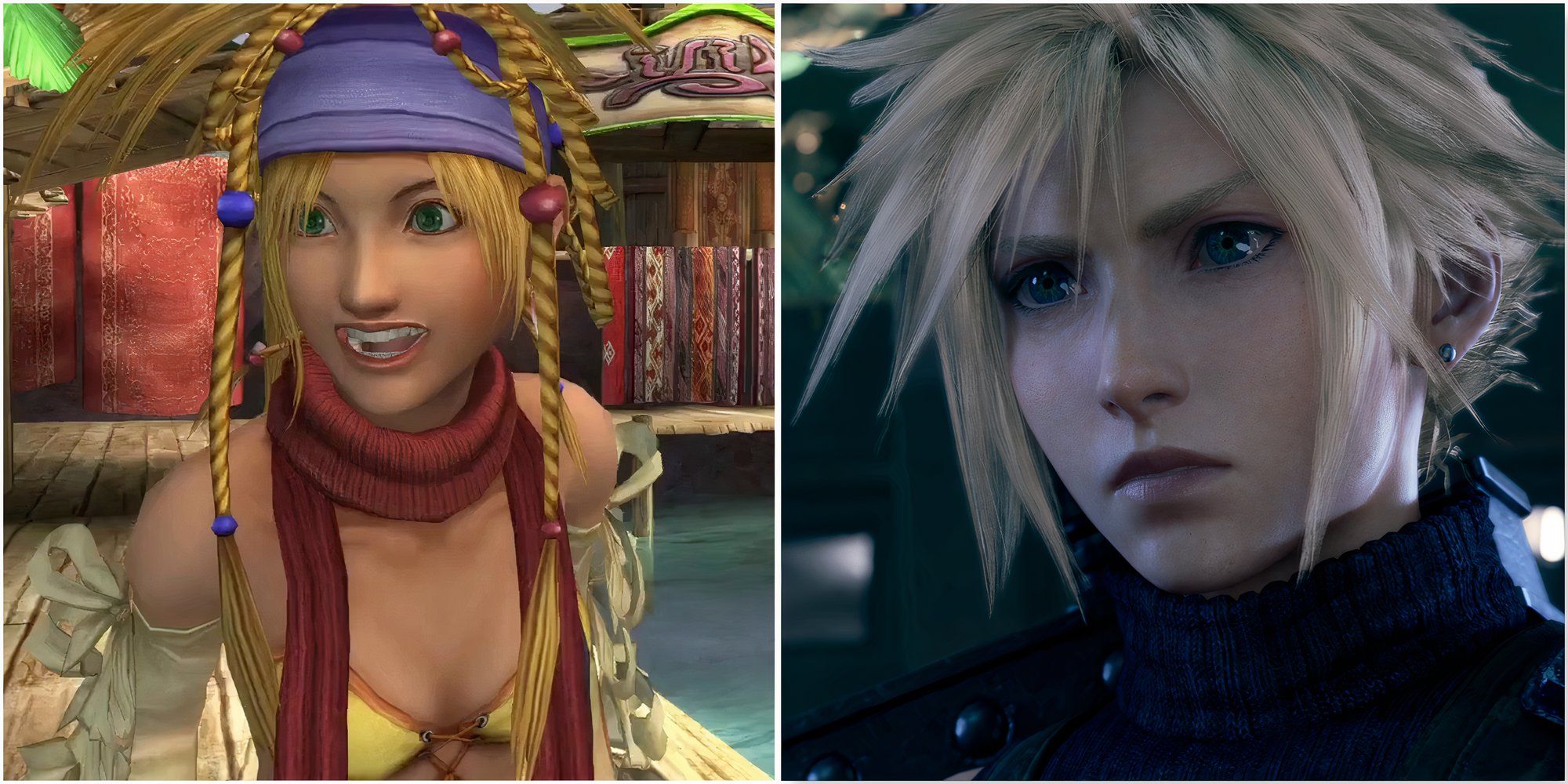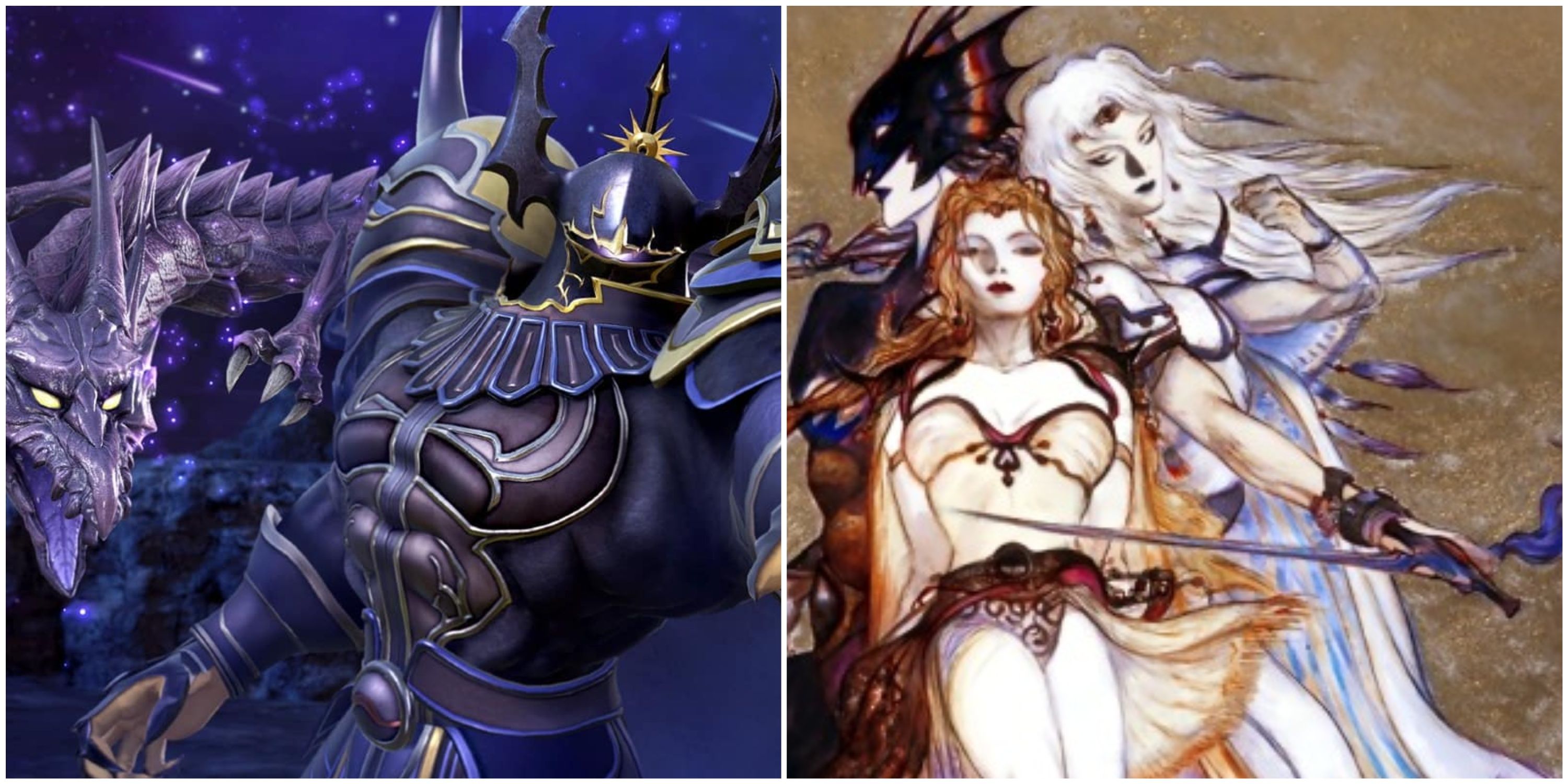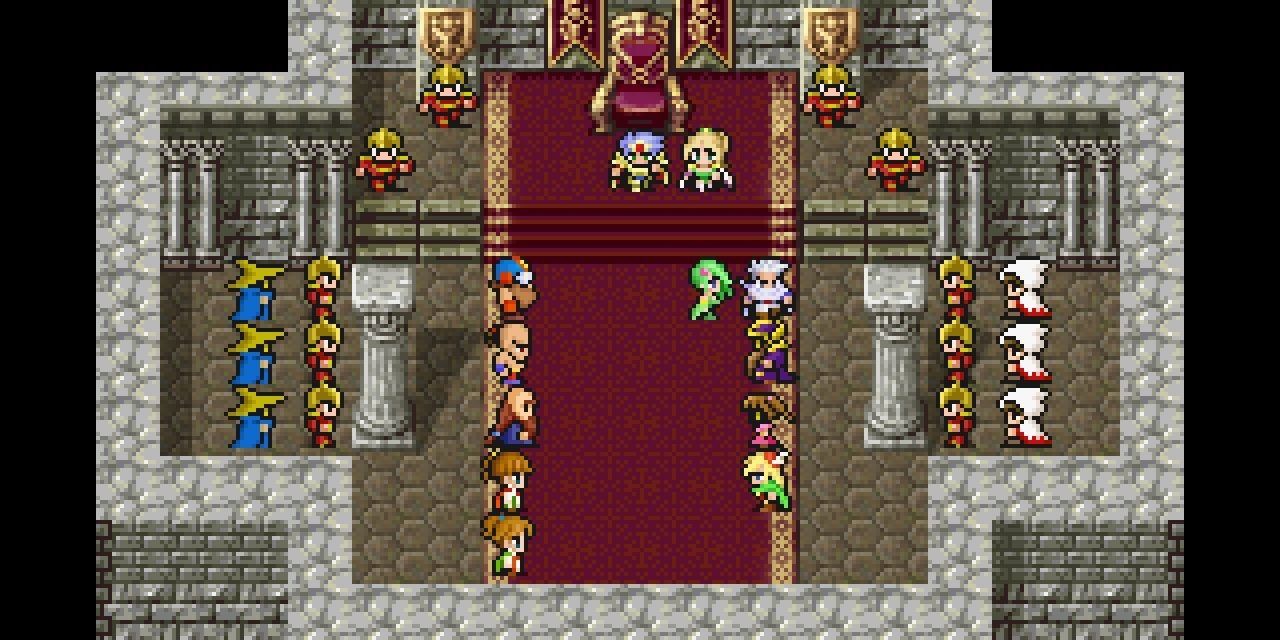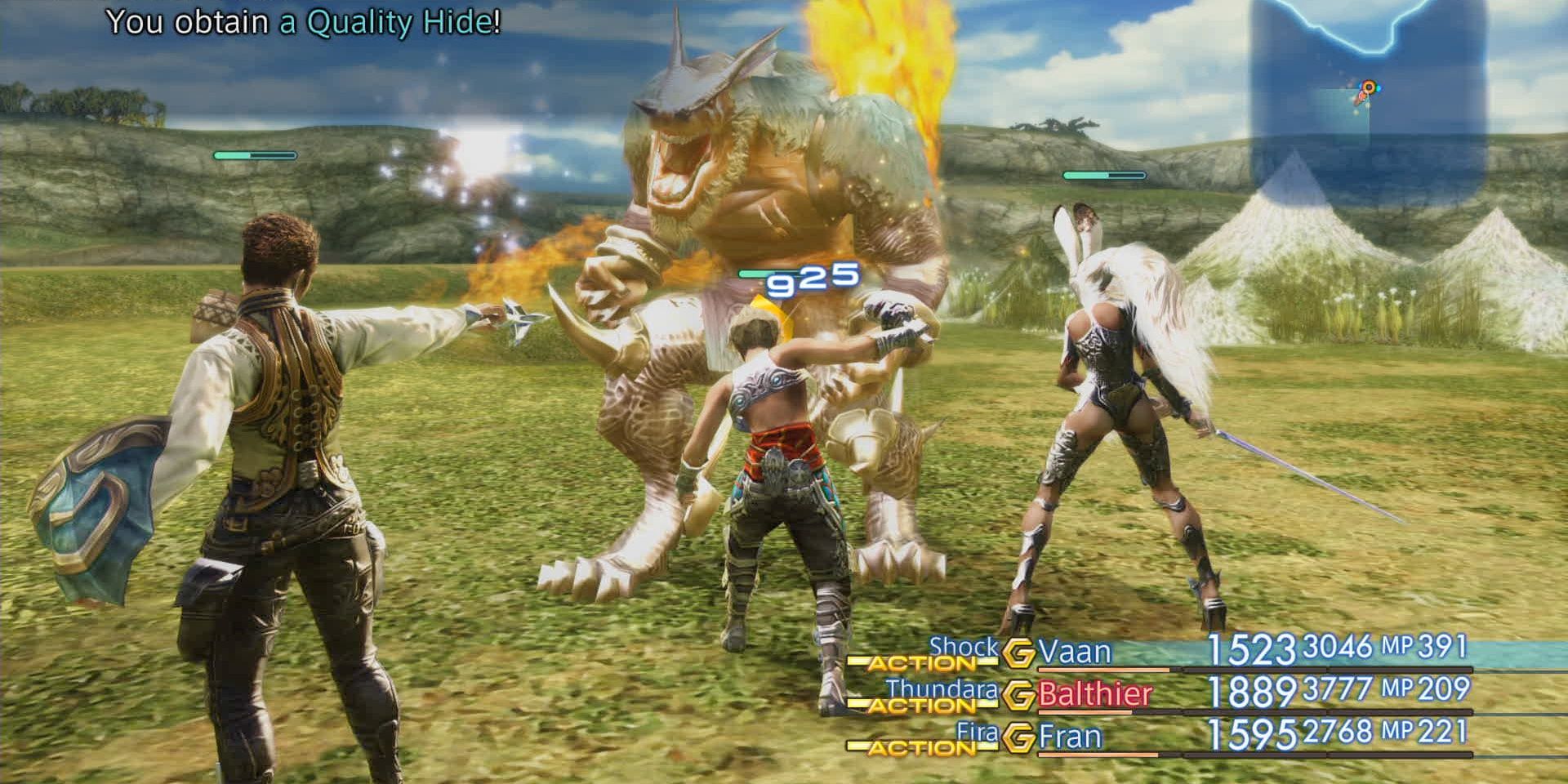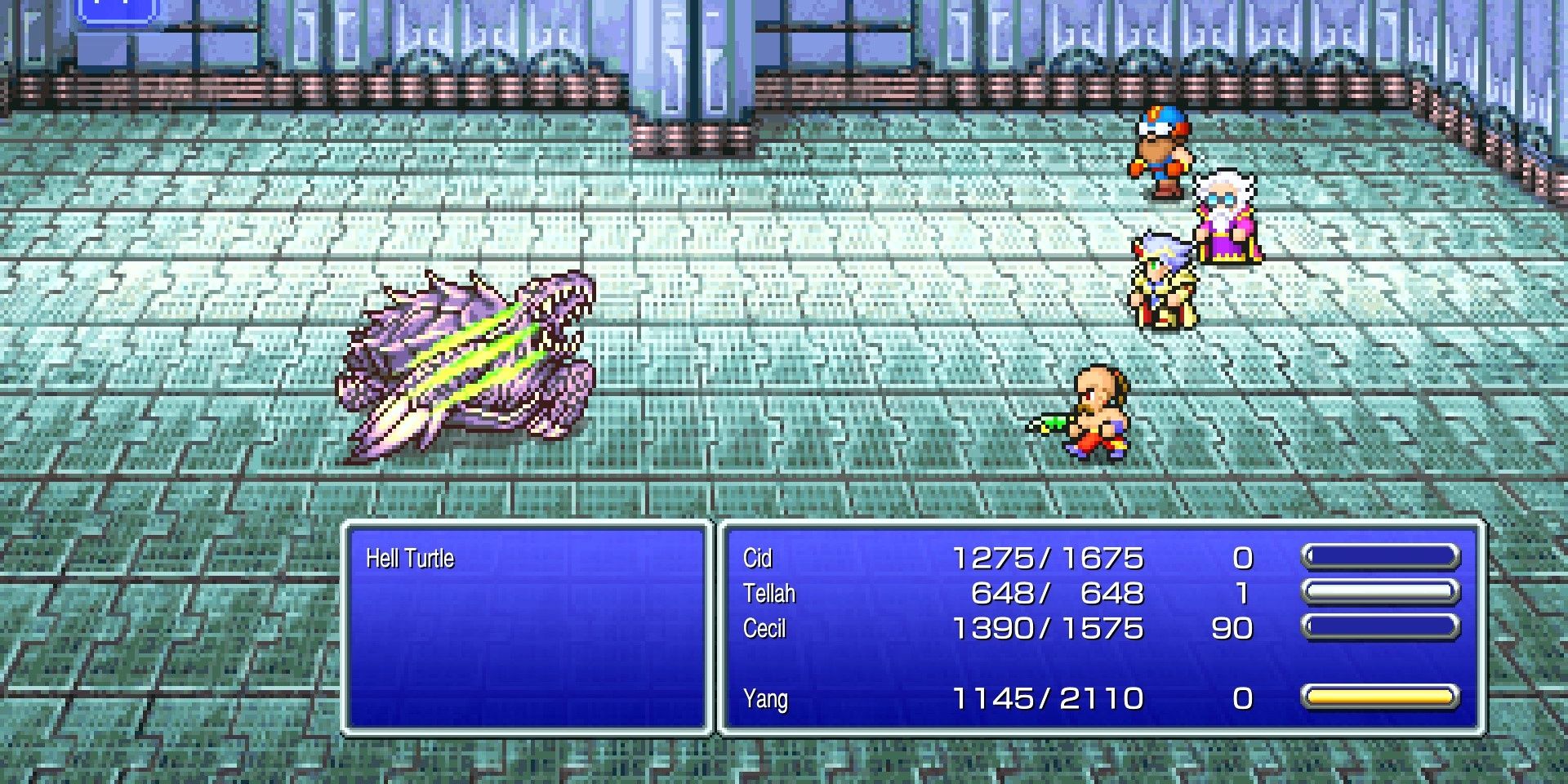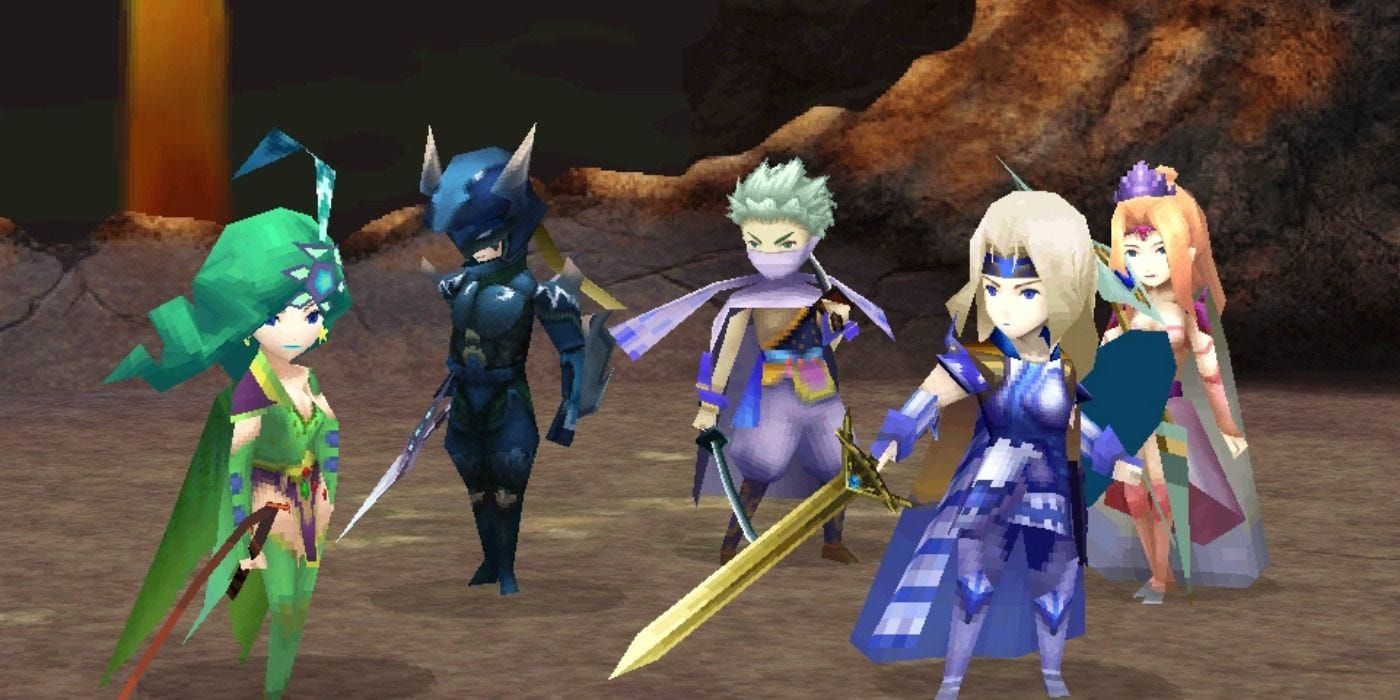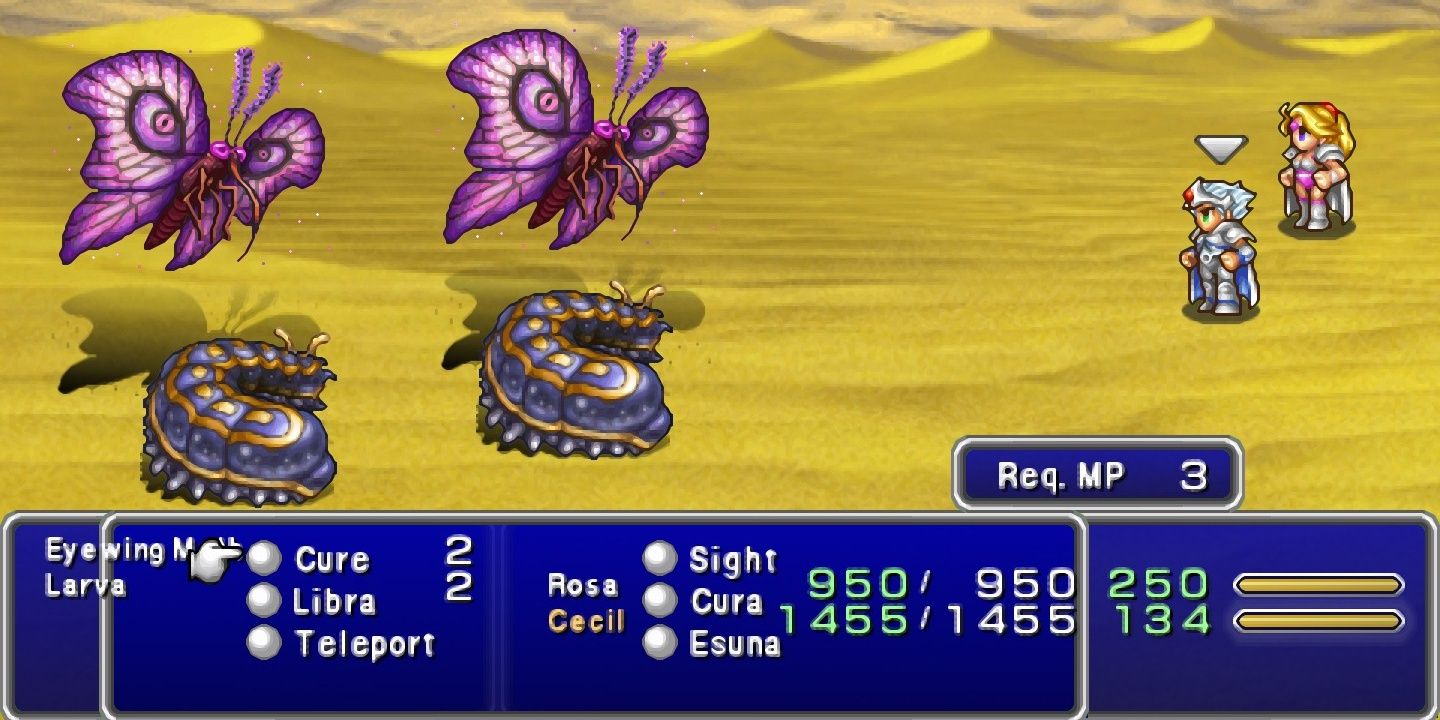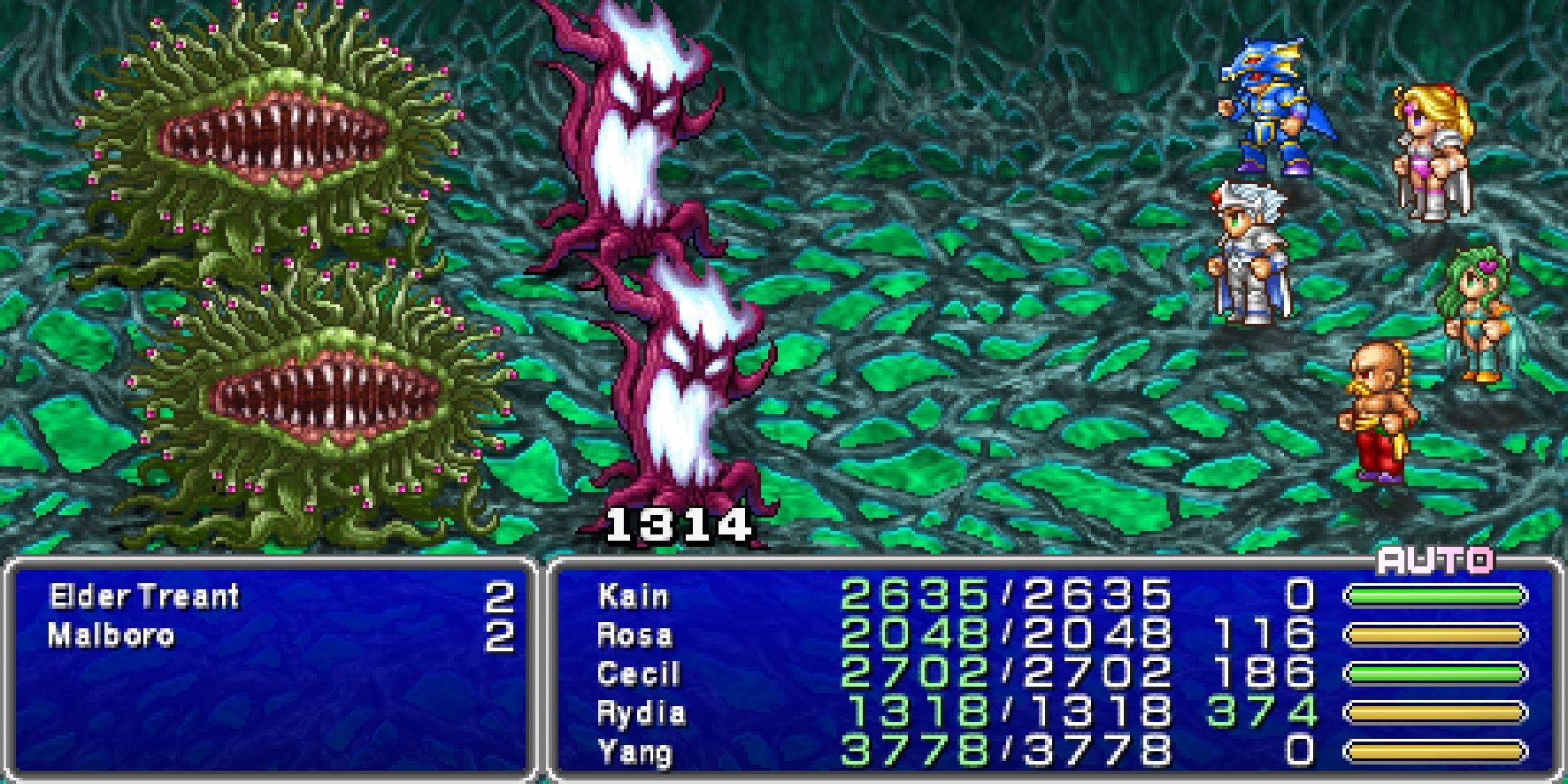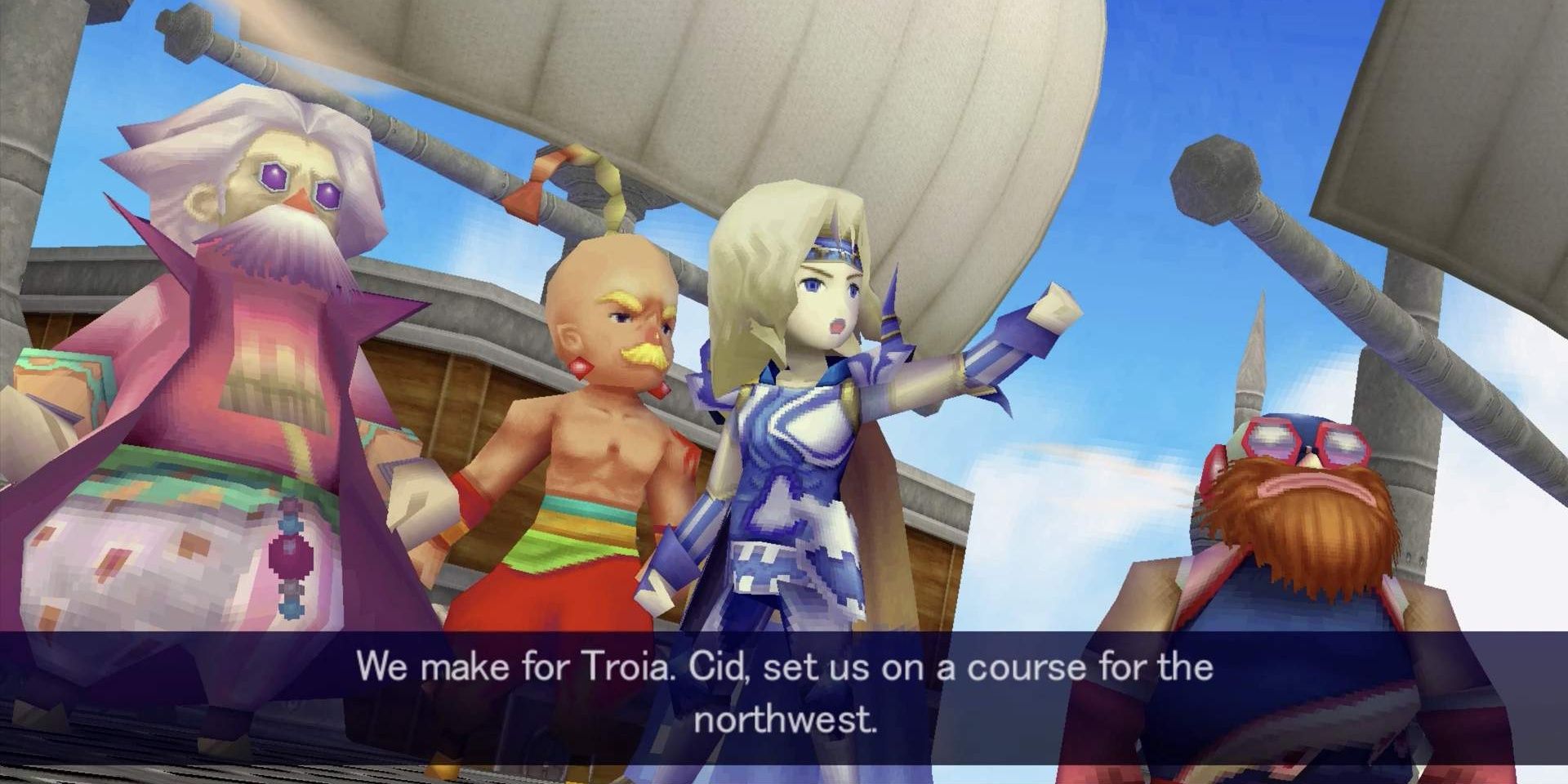With so many Final Fantasy entries, it can be tough to choose which one to play. The older games, in particular, may not seem enticing to younger gamers. After all, whatever they do, the newer titles do better, right? Well, those early titles may have more to offer than meets the eye.
Final Fantasy 4, in particular, sports several perks over its peers. It introduces many mechanics that would later become series staples. In addition, it has a plethora of other elements which haven't been seen since. These aspects all provide plenty of reasons to check out this classic. FF4 may just become a new fan favorite.
7 The Short Length
Suffice it to say, role-playing games are long. Japanese role-playing games are no exception, nor are the Final Fantasy titles. Most mainline ones range from thirty to forty hours in length. That's just to finish the story, but not all tales call for that time span.
Certain entries meander. They bog players down in boring activities, superfluous plot threads, and lack of direction. Perpetrators include Final Fantasy 10, 13, and 15.
By comparison, FF4 breezes by. Players can clear it in fifteen to twenty hours. Granted, the plot is occasionally truncated, but it keeps moving and cements the sense of urgency. Most importantly, it doesn't overstay its welcome.
6 No Grinding
One facet of RPGs--especially JRPGs--is grinding. This involves fighting the same enemies over and over again to level up and strengthen skills. Final Fantasy 6 and 12 are guilty of this. Such a repetitive pitfall hampers otherwise solid titles.
FF4 strives to fix that issue. It rebalances how players earn experience points and rewards. It's an intangible element that they may not even notice, but it contributes to the short length and signifies that the developers did their job. Moreover, it's more apparent next to the other entries, allowing fans to appreciate it more in hindsight.
5 To Be Or Not To ATB
Final Fantasymay have a reputation for turn-based combat, but several entries use the Active Time Battle system. Here, combatants make their moves according to individual timers. This keeps the battle going, but it also means players have less time to plan their strategies. If they take too long, enemies will continue attacking them. This may have thrown off fans during the initial release.
That's because FF4 introduces the ATB system, but it does so with surprising foresight. In that, the developers include an option to revert to the slower, turn-based system. Players simply set battles to "Wait" instead of "Active." This is a great way to implement a new system without completely alienating fans accustomed to the old style. In the end, it further adds to the game's accessibility.
4 More Defined Party Members
The job system here is unconventional in that it's extremely conventional. That sounds like a contradiction, but it makes sense in context with the rest of the series. Many entries afford flexibility in assigning combat roles. Each character can fulfill whichever job the player chooses. Titles like Final Fantasy 7 and 12 subscribe to this mentality.
FF4, on the other hand, clearly defines a class for each party member. At first glance, this decision seems like a downgrade, but it's really a boon. In more open-ended job systems, the characters' stats may not fit the roles they receive. For instance, someone with low HP shouldn't be a healer or knight. Those unaware of these disparities are left with a heap of mismanaged points. This also saps some of the characters' identity when anyone can be anything while being the best at nothing. Setting their strengths in stone not only prevents the aforementioned stat issue, but it lets the gameplay reflect their distinctive designs. This makes them more memorable as teammates.
3 Learning Spells
Like with the rigid class system, this decision cuts out the middleman. In FF4, mage characters learn spells by leveling up. Once they reach a certain level, for instance, they unlock Fire. That sounds obvious and self-explanatory, but it's not how Final Fantasy typically handles magic.
The series normally puts on a price on those skills. It's not enough to simply be the designated mage. The character must acquire spells through a third party, such as a shop. Other times, magic may be tied to items or summons: characters learn the corresponding spell by equipping those items. These extra steps are annoying and counter the very idea of dedicated mages. Thankfully, it's a step that FF4 avoids.
2 Five-Member Battles
In turn-based battles, only a few party members participate at any one time. Players typically have four characters on the field. This is the case with FF3, FF6, and FF9. Other entries take that number down to three. Examples include FF7, FF8, and FF12. This formula can be somewhat limiting at points.
FF4 bucks that trend with a whopping five party members on the field. Not only does this broaden the combat repertoire, but it also benefits character growth. Players can spend less time switching out party members to ensure they level up evenly. This complements the spirit of collaboration endemic to every Final Fantasy title. More importantly, it makes FF4 a more well-rounded experience overall.
1 Re-Releases
The Final Fantasy series is no stranger to ports, and FF4 has been especially generous in that respect. The game has seen a ton of re-releases and remakes on various consoles. Most of these fix the bugs and translation issues with the original version, but some go beyond that.
Certain versions actually add to the game. The PSP release sports a few extra dungeons. Meanwhile, the DS rendition rebuilds the whole adventure in a 3D format. This game sure isn't wanting for options. Whichever way that fans want to experience this class, a version exists to satisfy that desire.

